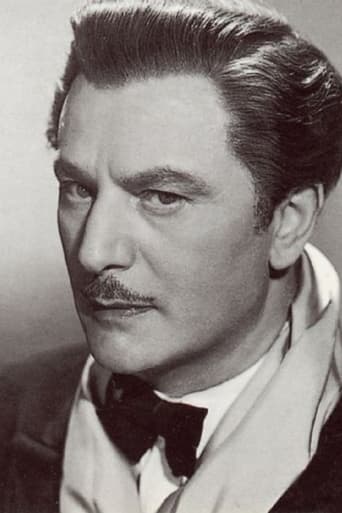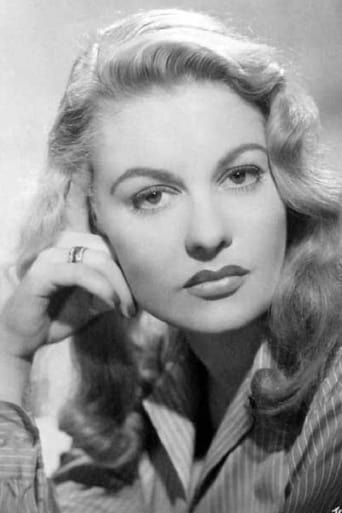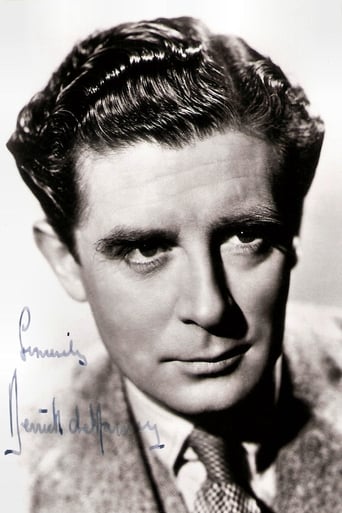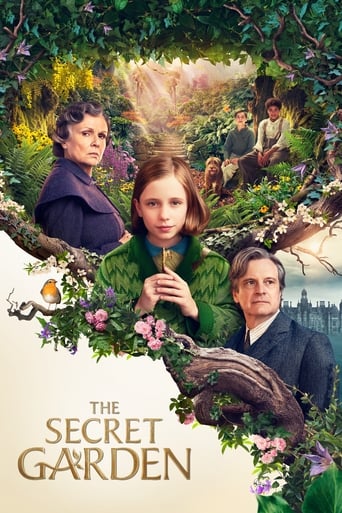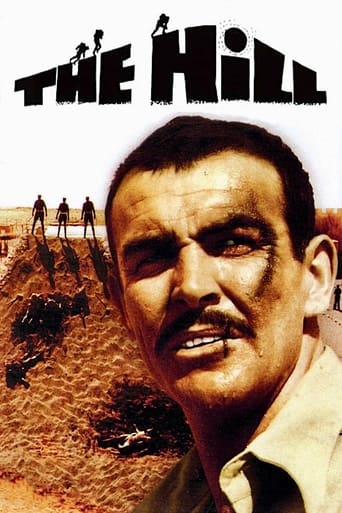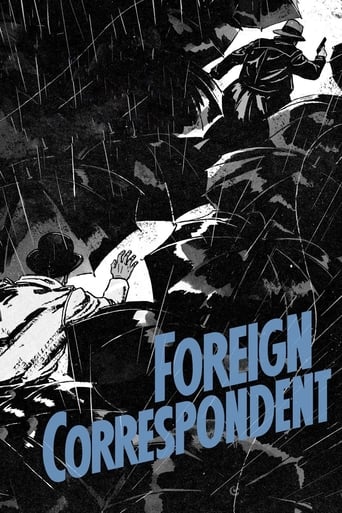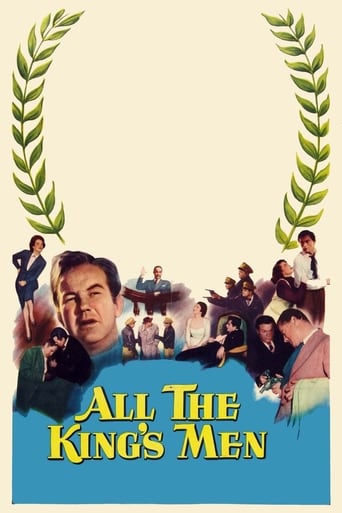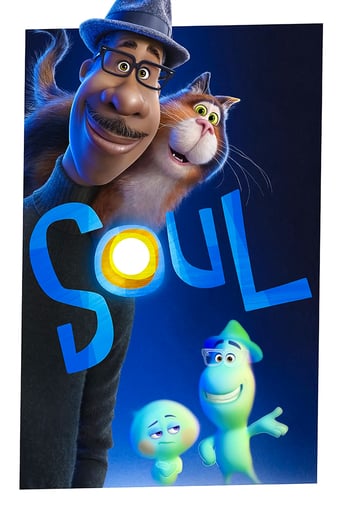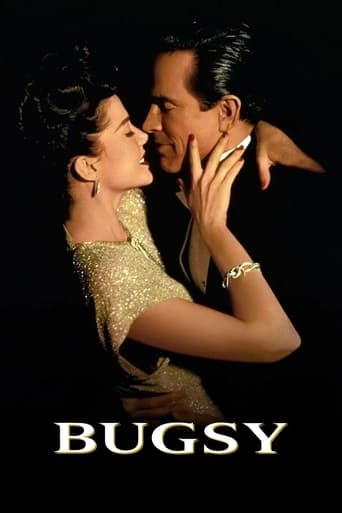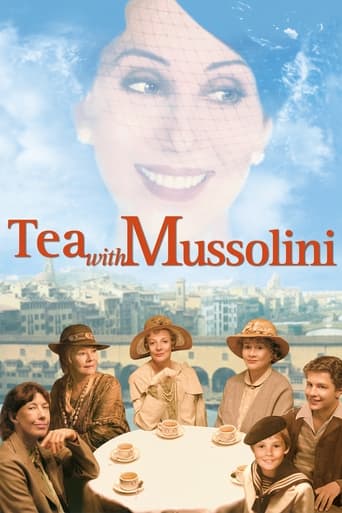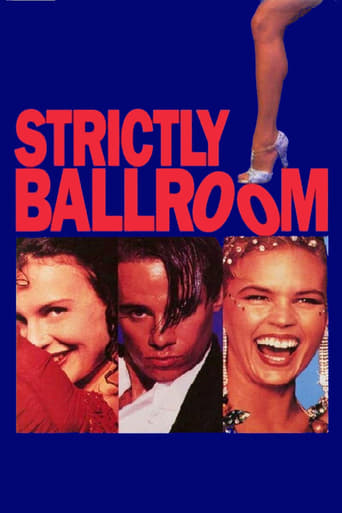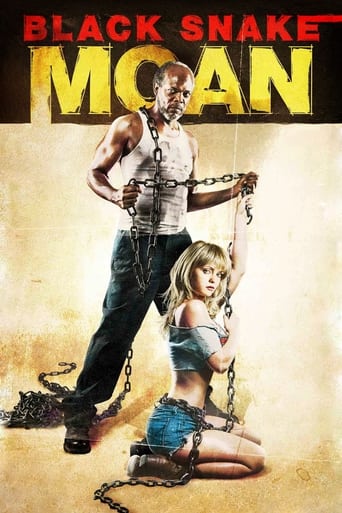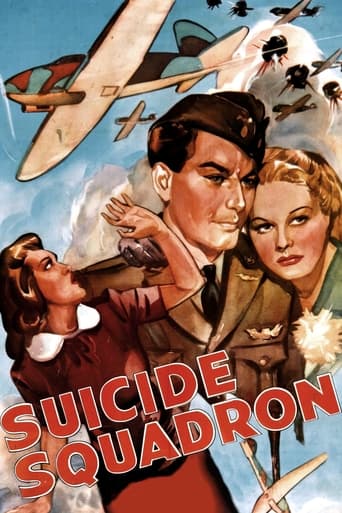
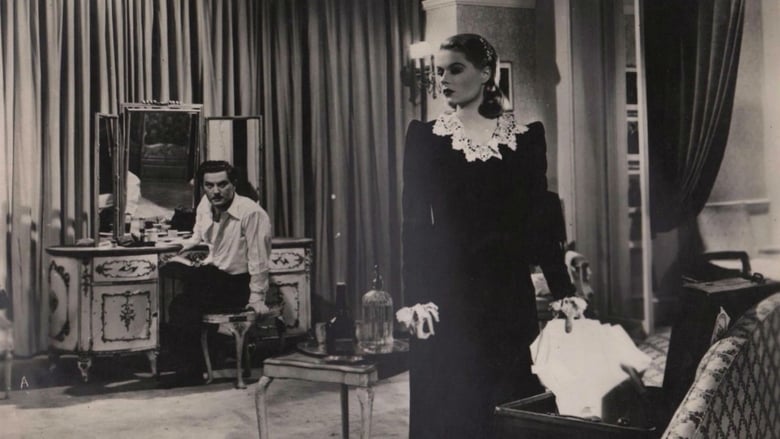
Dangerous Moonlight (1942)
Stefan Radetzky, a Polish pilot and famous concert pianist, is hospitalised in England from injuries sustained while in combat, and having lost his memory. As Radetzky plays the piano in a trance-like state, the story moves back in time to war-torn Warsaw. During an air-raid, Radetzky meets American journalist Carole, and there is a mutual attraction. Following the fall of Poland, Radetzky and Irish pilot, Mike, escape to Rumania and then on to America. Radetzky continues his musical career in America and meets up again with Carole.
Watch Trailer
Cast


Similar titles
Reviews
It was inevitable that the piece of music Richard Addinsell composed for this film would become more popular than the movie itself, when it is heard over and over again in the 94 minutes original version or in the 82 minutes reduction made in the United States. Even at this shorter version, the movie seems overlong, because it takes too much screen time to tell a very simplistic patriotic tale. There is not enough passion transmitted by the Polish pianist and his American bride to carry on the movie, and on top of that, too much screen time is given to Derrick De Marney as an Irish suitor, who is supposed to be fiery and passionate but seems rather lame. Poor Sally Gray (25 years old) is trapped in the middle of Anton Walbrook who was 45 and De Marney, 35. The film is interesting up to the leading characters' wedding but after that, it becomes more routine than the previous first part. When Brian Desmond Hurt films the climatic concert as static and dull as he could manage, then you know there is not much to do, but wait for one air battle of the kind you have seen dozens of times. Only Addinsell was truly inspired when he worked in this production, so he deserves all the success of his «Warsaw Concerto».
Wartime propaganda movie that was probably supposed to make people more kindly disposed towards Polish pilots in the RAF. I had heard about this film for years but never seen it; now however I recall that Spike Milligan in his memoirs (of a time when this was a brand new movie) describes it as something like "bloody awful." I wouldn't go that far but for a movie that is supposed to be about a fighter pilot it has a handful of minutes of flying and several hours (it feels like) of piano music + Sally Gray (who is not bad to look at I admit). Or closeups of Anton Walbrook's rabbit-like face as more orchestral music plays in the background.
This is another case where if this movie was available on DVD with English subtitles, I might enjoy it. As it was, seeing it on VHS I had to strain to understand half the dialog of Anton Walbrook, who plays a Polish man, "Steve Radetzky." His combination British-Polish accent was tough to decipher and it totally takes away from enjoying the film.Also a warning for those who read on the VHS box about the "great action scenes." Those don't take place until the very end of the movie! It's hardly a great film to begin with, with a very dated look to it with the hokey backgrounds scenes somewhat cheap production values.One thing that is not cheap or dated: the fine music. Our main character is a pianist as few people ever complain listening to someone play "The Warsaw Concerto." I've also never complained looking at Sally Gray's face! However, your best bet is to buy the CD for the music and skip the film, although at slightly over an-hour-and-a-half, it's not a long film one has to endure to get through....but don't expect a lot of excitement here.
An article in a British newspaper recently referred to this film not by its correct title but as "The Warsaw Concerto". (No film of that title has ever been made). This perhaps illustrates how the film's reputation has been eclipsed by that of its famous theme music. Richard Addinsell's music, later elaborated into a real concert piece, is still to be found in the classical repertoire more than sixty years after it was written, but the film has largely been forgotten.This is not really surprising, as the film itself is not all that good. It is a standard wartime combination of romance and propaganda. Sometimes, as with "Casablanca", this formula could result in a classic film of lasting quality, but "Dangerous Moonlight" is not in the same class. The central character, Stefan Radetzky, is a world-famous Polish pianist and composer, who also holds a commission as a fighter pilot in his country's air force. Following the German invasion of Poland, Radetzky escapes to America where he pursues his career as a concert pianist and also falls in love with, and marries, a beautiful female journalist. Tensions in the marriage arise when Radetzky decides that it is his patriotic duty to travel to Britain and to join the Polish air squadron which has been created to continue the struggle against Nazism. His wife, however, feels that his place is to remain in America with her.The film's propaganda function was twofold. Its makers aimed not only to keep up morale in Britain by highlighting the contribution to the war effort of our Polish allies, but also to influence public opinion in still-neutral America. The brilliant musician Radetzky stands as a symbol of that European high culture that was in danger from Nazi barbarism. The isolationist position of many Americans is made to look selfish and short-sighted. This position is adopted for a time by Radetzky's American wife Carol, until she comes to understand that her husband's duty is to fight for his country and that hers is to support him in that fight.Like many propaganda films of the time, this one was obviously made quickly and on a small budget. The acting is not distinguished and the sets, such as the bombed ruins of Warsaw, are clearly artificial. One thing that is, however, surprisingly good is the scenes of aerial combat; I have heard it suggested that genuine footage of dogfights was used. Apart from the music, however, this is not really a memorable film. 6/10 (5/10 for the film, with a bonus point for the music).A couple of goofs. The hero's surname was obviously chosen for its musical associations, but the normal Polish spelling would be Radecki. Radetzky is a Germanised form; Strauss's famous march was named after an Austrian general. At one point during the dogfight scenes we see a German bomber with its identification letters the wrong way round; these frames had obviously been inverted.


